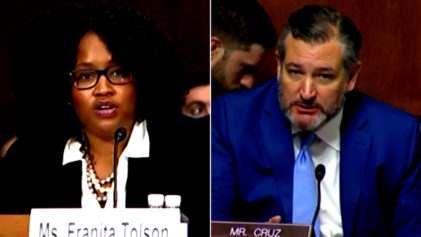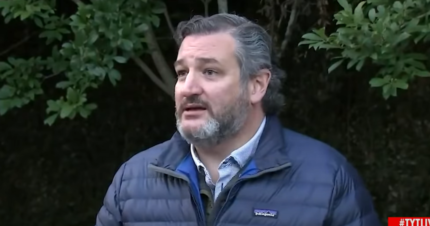The Obama administration is struggling to defend itself against criticism for its use of unmanned drones. Attorney General Eric Holder maintains that the administration would be within its constitutional rights to launch a drone attack against an American citizen believed to be working as a terrorist agent, despite the ethical questions raised by the Senate Intelligence Committee.
A letter from Holder addressed to Sen. Rand Paul (R-KY) characterized the administration’s ability to order strikes against American citizens as a last ditch effort, to be used to prevent catastrophes like Pearl Harbor and 9/11.
Holder described the scenario as “unlikely to occur” and specifies that drone attacks will not be used to circumvent standard means of criminal justice.
“The U.S. government has not carried out drone strikes in the United States and has no intention of doing so,” Holder’s letter read. “As a policy matter, moreover, we reject the use of military force where well-established law enforcement authorities in this country provide the best means for incapacitating a terrorist threat.”
“It is possible, I suppose, to imagine an extraordinary circumstance in which it would be necessary and appropriate under the Constitution and applicable to the laws of the United States for the president to authorize the military to use lethal force within the territory of the United States,” he added.
However, when questioned by a Senate panel hearing Wednesday, Holder seemed to admit that the killing of an American citizen without a trial would be unconstitutional. One panel member, Sen. Ted Cruz (R-TX) pushed Holder to the admission, asking whether the Constitution would allow the killing of a terror suspect who did not pose an “imminent and immediate threat of death and bodily harm.”
When Holder attempted to mark Cruz’s situation as hypothetical, the Texas senator accused him of dodging the line of questioning. Holder eventually agreed that the use of lethal force against a non-threatening terror suspect “would not be appropriate.”
“I have to tell you I find it remarkable that in that hypothetical, which is deliberately very simple, you are not able to give a simple, one-word answer: no,” Cruz said during the hearing. “You keep saying appropriate – my question isn’t about propriety, my question is about whether something is constitutional or not.”


